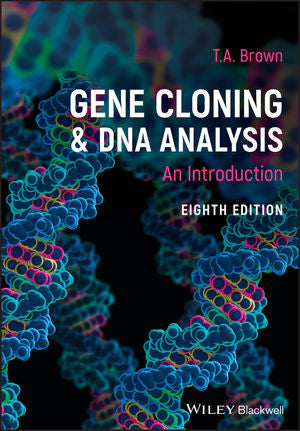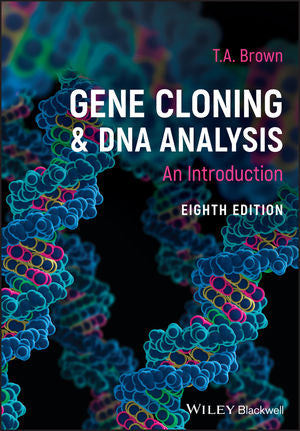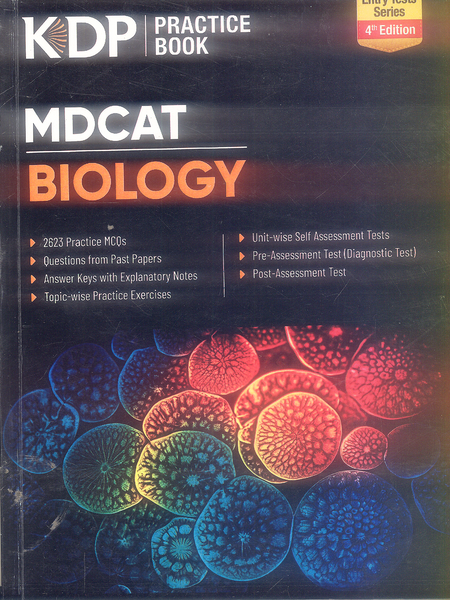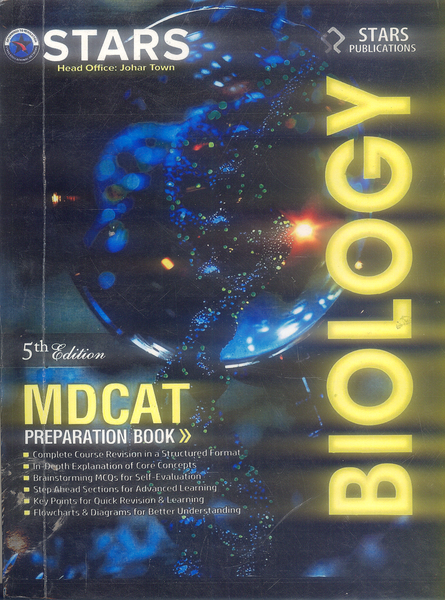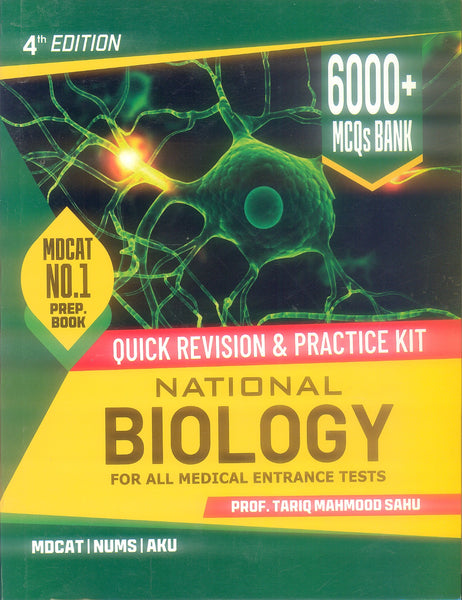Gene Cloning and DNA Analysis: An Introduction 8th Edition by T. A. Brown
- Publisher: BIOLOGY
- Availability: In Stock
- SKU: 59479
- Number of Pages: 416
Rs.1,890.00
Rs.2,500.00
Tags: An Introduction , best books , Best Price , Best Selling Books , biotech introduction , Biotechnology , biotechnology book , cloning and gene expression , cloning experiments book , Cloning Techniques , Cloning Vectors , CRISPR Technology , DNA Amplification , DNA Analysis , DNA analysis textbook , dna and genes explained , dna cloning book , DNA Fingerprinting , DNA Fragmentation , DNA Libraries , DNA Ligation , DNA Microarrays , DNA Sequencing , Gene Cloning , Gene Cloning and DNA Analysis , gene cloning book , Gene Expression , Gene Isolation , Gene Mapping , Genetic Analysis , Genetic Code , Genetic Engineering , Genetic Modification , Genetic Screening , genetics study guidefication book , Genomics , Molecular Biology , molecular biology introduction , Molecular Cloning , Molecular Genetics , Molecular Markers , ONLINE BOOKS , Online Bookshop , PCR Techniques , Plasmid Cloning , Proteomics , Recombinant Protein Production , Restriction Enzymes , RNA Interference , T. A. Brown , T. A. Brown genetics , Transformation and Transfection , Viral Vectors
Gene Cloning and DNA Analysis: An Introduction (8th Edition)
Author: T. A. Brown
Binding: Paperback
Paper Quality: Color Matt Paper
Category: Molecular Biology / Genetics / Biotechnology
Recommended For: Undergraduate and graduate students of biotechnology, molecular biology, genetics, and related life sciences fields.
Key Points
-
Introductory Yet Detailed – Designed for beginners but detailed enough for advanced learners, explaining key concepts in gene cloning and DNA technology.
-
Updated Content – Reflects the latest developments in genome editing, CRISPR, sequencing technologies, and molecular techniques.
-
Practical Applications – Highlights real-world uses of DNA analysis in medicine, agriculture, and forensics.
-
Clear Illustrations – Includes diagrams and illustrations to simplify complex molecular processes.
-
Structured Learning – Chapters follow a logical sequence from basic principles to advanced applications, making it ideal for coursework and revision.

